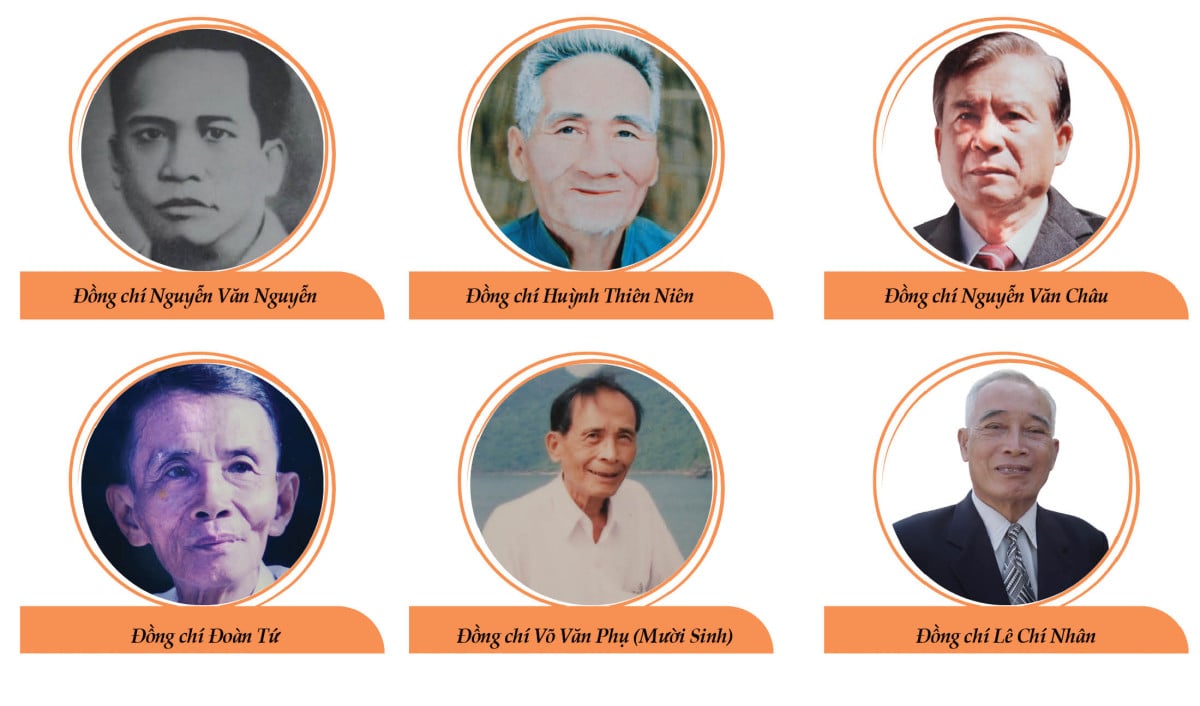
Period 1931 - 1976
Comrade Nguyen Van Nguyen was the one who laid the foundation for the first revolutionary press in the province. In May 1931, the My Tho - Ben Tre Inter-Provincial Party Committee assigned him to attend the Conference to establish the Ben Tre Provincial Party Committee. The meeting was brief, secret and safe. The Provincial Party Committee was elected with 7 comrades, with comrade Nguyen Van Nguyen as the first provisional Provincial Party Secretary of Ben Tre province. The newly established Provincial Party Committee decided to publish the newspaper "Hammer and Sickle" as the propaganda agency of the Provincial Party Committee. At that time, comrade Nguyen Van Nguyen was directly in charge of the newspaper, writing articles and doing editorial work. The newspaper was printed on wax paper, with a monthly circulation of about 300 copies. The content was propaganda, encouragement and motivation for the masses to fight against the domination of the imperialists and their lackeys. However, after only 2 months of operation, in July 1931, comrade Nguyen Van Nguyen was captured by the enemy in Tra Vinh, and the newspaper "Hammer and Sickle" was forced to stop publishing. It can be said that comrade Nguyen Van Nguyen was not only the first Secretary but also the founder of the first Party newspaper of the Provincial Party Committee.
Not giving in to difficulties, at the end of 1931, the Provincial Party Committee continued to publish the newspaper Dan Cay Ngheo, led by comrade Huynh Thien Nien - Standing Committee member of the Provincial Party Committee. After that, it successively published more newspapers such as: Guom Vo San (1932), led by comrade Nguyen Van Tri and Co Chien Dau (1936), directed by comrade Nguyen Van Trieu. When World War II broke out, the Indochinese reactionaries severely suppressed the revolutionary movement; many party members were arrested and imprisoned. Therefore, by September 1939, the Co Chien Dau newspaper of the Party Committee had to stop publishing. The period from 1930 to 1945 was the embryonic period of the province's revolutionary press. The press operated in extremely difficult and secretive conditions and was often raided and suppressed by the colonial government. Therefore, publications often had a short lifespan, many newspapers were forced to stop operating quietly.
After the August Revolution in 1945, comrade Tran Truong Sinh was assigned as editor-in-chief of the Truth newspaper, continuing the role of the voice of the revolution. When the French colonialists reoccupied the South (September 23, 1945), the newspaper was renamed Hy Sinh, expressing the spirit of determination: "Rather sacrifice everything than lose the country". Hy Sinh newspaper operated until 1947, then was renamed Doan Ket, under the charge of comrade Ho Ngoc Thoai. Doan Ket newspaper maintained its operation until mid-1948, giving way to Thong Tin Ben Tre newspaper, which existed from mid-1948 to 1954, ending the resistance war against the French. Thong Tin Ben Tre newspaper was under the charge of the following comrades: Nguyen Tri Huu (Giao Huu) - the first Chief of the Department in 1948; Nguyen Van Dong - Chief of the Department in 1949; Nguyen Van Ngoc (Giao Ngoc) - Chief of the Department from 1949 to 1954.
Comrade Nguyen Van Chau - Editor-in-Chief of Hoa Binh Thong Nhat Newspaper from 1956 to October 1958: This was the time when the US - Diem was sabotaging the Geneva Agreement very fiercely. The entire editorial office at that time had only 3-4 people who were editors, reporters, news collectors, printers, and distributors. Hoa Binh Thong Nhat Newspaper was typed, printed in wax, and had paper size like A4 now. The content of the newspaper was quite lively and attractive. There were many articles written by Comrade Nguyen Van Chau that made an impression and strongly stirred up the general movement such as: Against the massacre of peace demonstrations in Mo Cay, Binh Dai; The struggle to win back the young men who were drafted into the army in Ba Tri; The anti-US - Diem movement in Ben Tre town. The newspaper had a great spiritual influence on the people's lives. Hoa Binh Thong Nhat Newspaper was published secretly, passed through revolutionary bases and widely reached the people. In addition, comrade Nguyen Van Chau also published 10-day News, internal study magazine, wrote articles for Saigon newspaper, and mobilized high schools to make newspapers. In mid-1958, comrade Nguyen Van Chau and most of the comrades in the newspaper's editorial office were arrested by the enemy. Hoa Binh Thong Nhat newspaper temporarily stopped operating.
Comrade Doan Tu (real name Doan Van Bo) was the one who made great contributions to the restoration of Hoa Binh Thong Nhat Newspaper and the first publication of Chien Thang Newspaper (from 1958 to June 1964): At the end of 1958, the Provincial Party Committee assigned comrade Nguyen Van Thanh (aka Ba Kien, Bay Da) - Deputy Head of the Propaganda Department, to be the editor-in-chief of Hoa Binh Thong Nhat Newspaper, along with comrades Ba Phuc and Doan Tu to continue maintaining the newspaper. Comrade Doan Tu devoted all his heart to maintaining the operation of the editorial office in extremely difficult and deprived circumstances. Without machinery or equipment, comrade Doan Tu alone undertook almost the entire process of making a newspaper: from editing, copying the newspaper, writing the newspaper by hand (because the typewriter had been taken by the enemy), then printing the newspaper, arranging the newspaper, and distributing the newspaper.
On January 17, 1960, the Dong Khoi uprising broke out, the mouthpiece of the Party Committee and the people of the province changed its name to Chien Thang in accordance with its new mission at the end of February 1960. Comrade Le Van Quang (Hai Tranh) was the Deputy Head of the Propaganda Department in charge of Chien Thang Newspaper. During this time, comrade Doan Tu was still the core force of the editorial office, in charge of editing, printing and especially building the literary and artistic block for Chien Thang Newspaper. With his creativity, he brought a number of literary and artistic genres regularly present in Chien Thang Newspaper such as: literature, poetry, paintings, caricatures...
Comrade Vo Van Phu (Muoi Sinh) was Deputy Head of the Propaganda Department and Editor-in-Chief of the Chien Thang Newspaper from 1961 to 1962. He made important contributions to improving the form and printing techniques of the newspaper. A bold, groundbreaking decision he made was to propose to the Provincial Party Committee to allow the development of a lead printing house and invest in buying a pedal machine to print the newspaper. He directly discussed with Comrade Tu Chi, who was working at a printing house in Saigon, to buy the machine and type, and mobilized people to disguise fishing boats to transport the printing machine to the province. Then, he used a motorboat to bypass many enemy posts to bring the printing machine to the Thua Duc - Binh Dai forest. He was also a sharp writer, in charge of many journalism genres such as poetry, commentary, and editorials, contributing to encouraging the spirit of the army and people of the province.
Comrade Le Chi Nhan was in charge of editing the Chien Thang Newspaper, then Deputy Head of the Propaganda Department in charge of press work, playing a direct leadership role during the founding period of the Chien Thang Newspaper (1960 - 1968). He was one of the people who devoted his entire career to revolutionary journalism, especially the Dong Khoi movement in 1960 - an important milestone in the history of the struggle of the people of the province. Amidst the numerous difficulties and dangers of war, comrade Le Chi Nhan and his comrades still maintained the regular, accurate and timely publication of the newspaper, serving the revolutionary propaganda work.
Not only holding a leadership role, comrade Le Chi Nhan was also a key writer of the province's revolutionary press, from the resistance war to peace. His forte was argumentative writing, hot news tit for tat, counter-propaganda of the enemy and the column "Chop co let". With familiar pen names such as Ly Cuong, Tu Troi Bien, Nhan Dao, Cong Nong... he left behind many valuable works both in terms of ideological content and influence. Among them, it is impossible not to mention "Ben Tre Province Letter", which left a special mark. The letter was written by him in 1962, sent to compatriots and comrades far from home and published in Chien Thang Newspaper, not only exposing the crimes of the US imperialists and their puppet government, but also vividly demonstrating the steadfast fighting spirit, indomitable will and strong vitality of the Ben Tre army and people in the liberated zone. The letter caused a great resonance and strongly inspired the people. From that inspiration, Poet To Huu wrote the poem "Ben Tre Letter" which was broadcast on Voice of Vietnam Radio and quickly spread widely, becoming a symbol of the indomitable fighting spirit of the South in the hearts of people across the country.
With such great contributions, in 1971, journalist Le Chi Nhan - representative of Chien Thang Newspaper, was honored to be one of the first 18 journalists in the country to be awarded the Medal of Honor by the International Organization of Journalists (OIJ) for his outstanding contributions to the Vietnamese revolutionary press.
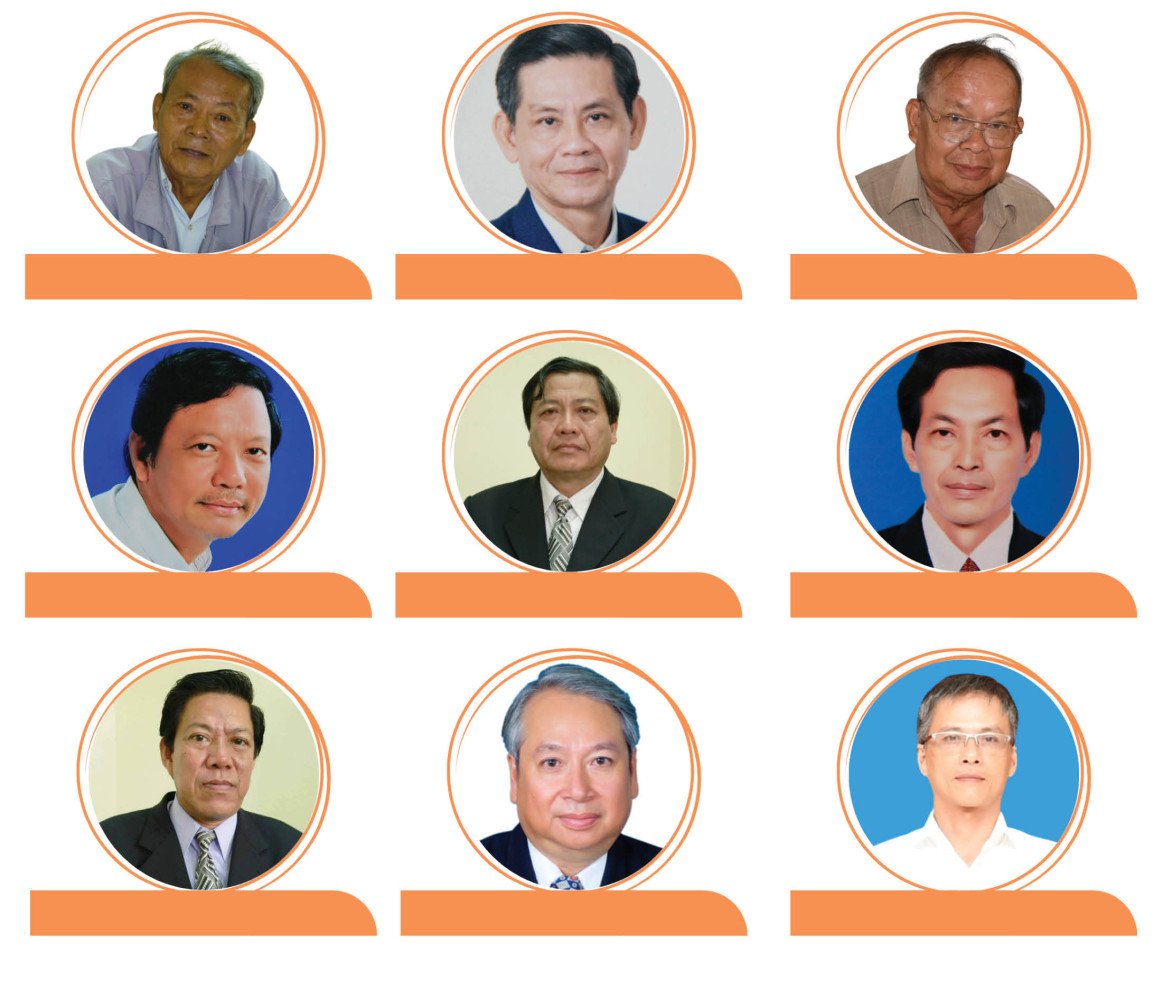
Period 1976 to present
Comrade Huynh Nam Thong is one of the Editors-in-Chief who left a deep mark in the revolutionary journalism career of the province. Journalist Huynh Nam Thong worked for 10 years at Chien Thang Newspaper (1962 - 1972) and 20 years as Editor-in-Chief of Dong Khoi Newspaper (1976 - 1996).
In 1962, after being released from prison, he was invited to work at the editorial office of Chien Thang Newspaper. Shortly after, he was assigned the task of Head of the Press Subcommittee - Editor-in-Chief of Chien Thang Newspaper. The main activity of the Press Subcommittee was to publish Chien Thang Newspaper. In addition, twice a week, the Press Subcommittee issued a provincial news bulletin, printed in wax and distributed to the grassroots. The Press Subcommittee also reported on the Liberation News Agency and Vietnam News Agency via the Minh Ngu Radio station, each day from 1 to 3 news articles reflecting the victory of the army and people of the province as well as denouncing the crimes of the enemy...
The circulation of Chien Thang Newspaper ranges from 2,000 to 5,000 copies per issue. The newspaper is printed at the printing house under the Propaganda Department located in Thua Duc and Thanh Phu forests, and is distributed through the postal system to agencies, units, and localities in the province. During the years of resistance war against the US to save the country, Chien Thang Newspaper left a deep impression on the thoughts and feelings of cadres, party members, soldiers, and people from liberated areas to temporarily occupied areas.
When the Chien Thang Newspaper changed its name to Dong Khoi Newspaper (November 11, 1976), comrade Huynh Nam Thong continued to hold the position of Editor-in-Chief until 1996. In the first years under the name Dong Khoi, the newspaper was published weekly on Wednesdays, 8 pages, 30 x 30cm in size, with a circulation of 3 - 5 thousand copies/issue. The newspaper published many news and articles about healing the wounds of war, restoring production, improving agriculture, developing the economy, stabilizing people's lives...
In particular, in February 1986, under the leadership of comrade Huynh Nam Thong, the newspaper launched the Dong Khoi Saturday newspaper, which was considered a product of the innovation on the press information front of the provincial Party Committee and was widely distributed throughout the country. The number of copies circulated at times reached 32,000 copies/issue.
During the time comrade Huynh Nam Thong was transferred to the Zone, in 1972, comrade Pham Cong Nghiep (Thanh Nhan) ran the Press Subcommittee. In 1973, comrade Pham Cong Nghiep was assigned to work in the Four-Party Joint Military Commission, comrade Hoang Le ran the subcommittee until 1976.
Comrade Le Minh Tri was appointed as Acting Editor-in-Chief, then Editor-in-Chief of Dong Khoi Newspaper, from 1996 - 2004. During this period, Dong Khoi Newspaper maintained the publication of 1 printed issue per week, released on Wednesdays, 8 pages. By June 2000, Dong Khoi Newspaper was increased to 2 issues/week, released on Tuesdays and Fridays, initially 8 pages, then increased to 12 pages, meeting the increasing information needs of readers.
Comrade Truong Van Dong was Acting Editor-in-Chief from June 2004 until his retirement at the end of 2009. Under his leadership, Dong Khoi Newspaper continued to maintain the stable publication of two printed issues per week. In particular, October 2007 marked an important step forward when Dong Khoi Newspaper launched its Electronic Information page. The Electronic Information page regularly and continuously updates news, articles, images, domestic and international news, and sports; many special pages and columns are attractive and attract readers. Dong Khoi Newspaper is also one of the leading units in developing the electronic newspaper form.
Comrade Nguyen Thanh Tung - Deputy Chief of the Provincial Party Committee Office replaced Comrade Truong Van Dong as Editor-in-Chief from 2009 - 2012. During this period, in addition to operating the Electronic Information page, in January 2010, he expanded the printed newspaper from 2 issues to 3 issues/week (published on Monday, Wednesday, Friday), 12 pages. The average number of newspapers published was 5,000 copies/issue.
Comrade Huynh Van Thanh - Deputy Editor-in-Chief was appointed as Editor-in-Chief of Dong Khoi Newspaper from 2012 - 2014. Dong Khoi Newspaper maintains the operation of the Electronic Information page and the weekly printed newspaper published 3 times/week: Monday, Wednesday, Friday, 12 pages. In 2014, he was appointed as Vice Chairman of the Provincial Journalists Association.
Comrade Cao Van Dung - Deputy Head of the Provincial Party Committee's Propaganda Department held the position of Editor-in-Chief of Dong Khoi Newspaper in July 2014. He made many contributions to expanding the scope of Dong Khoi Newspaper's distribution to self-governing people's groups throughout the province. Dong Khoi Newspaper coordinated with functional agencies to build a column on self-governing people's groups' activities, which was published periodically once a month. The content of the column focused on propagating the security and order situation in the locality, while disseminating important policies and guidelines of the Provincial Party Committee and Provincial People's Committee to the people. Each issue of this column reached an average of about 20,000 copies. In November 2015, Comrade Cao Van Dung was transferred to work at the Provincial Party Committee's Propaganda Department, holding the position of Head of the Provincial Party Committee's Propaganda Department.
Comrade Le Ngoc Han has been the Editor-in-Chief of Dong Khoi Newspaper since January 2016.
| Looking back at the development of the province's revolutionary press through the ages, we can clearly see the important role of the newspaper's leadership team. They not only persistently preserved and promoted the glorious tradition of revolutionary press, but were also flexible and creative in adapting to the requirements of each historical period. In any circumstance, the provincial press has always been the honest and trustworthy voice of the Party, government and people. It is these contributions that have created a solid foundation for the provincial press to continue to rise, affirming its role and position in the new era. |
Phuong Nghi
Source: https://baodongkhoi.vn/lanh-dao-bao-chi-cach-mang-tinh-ban-linh-trong-chien-tranh-tam-huyet-trong-doi-moi-16062025-a148252.html








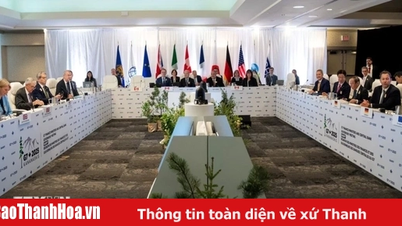




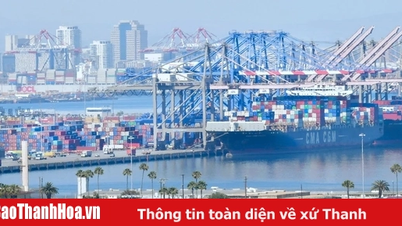
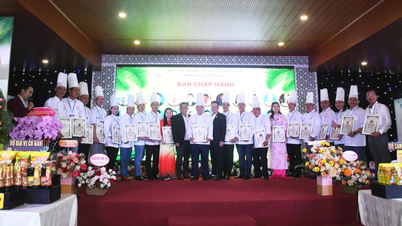
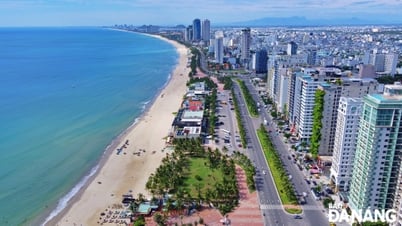







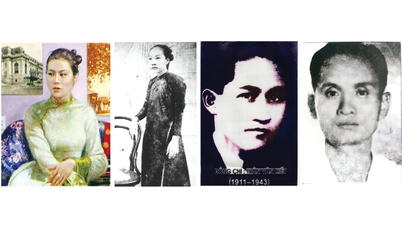
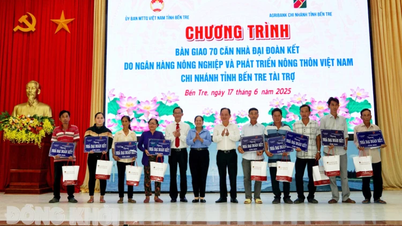
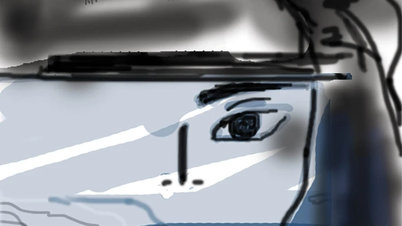
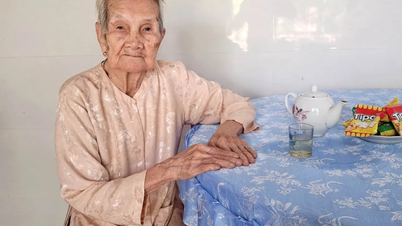






















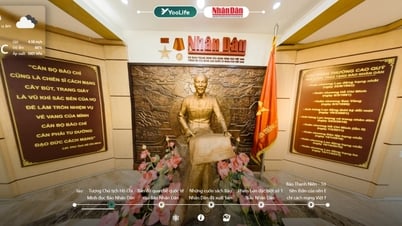




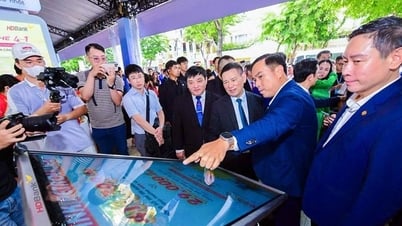


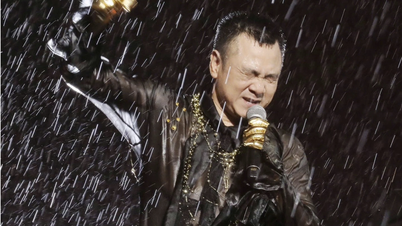
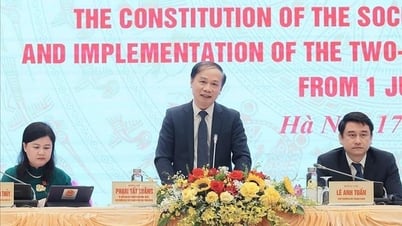





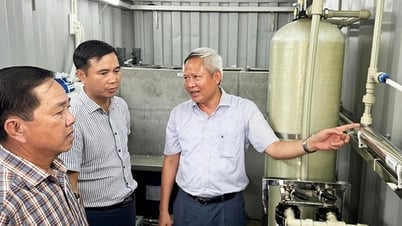

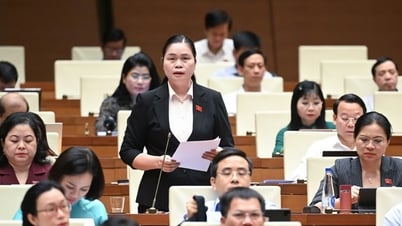
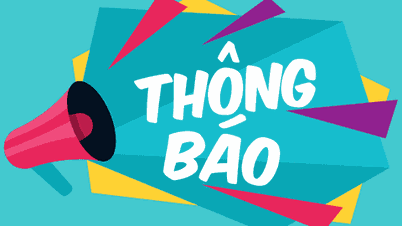

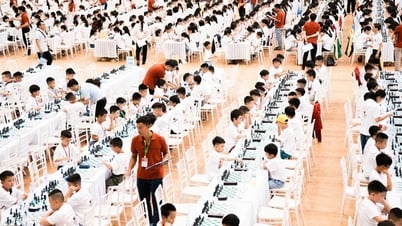
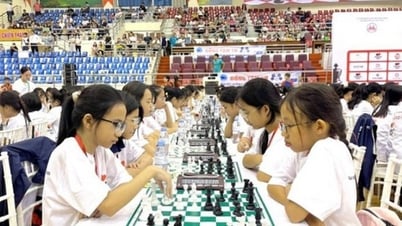






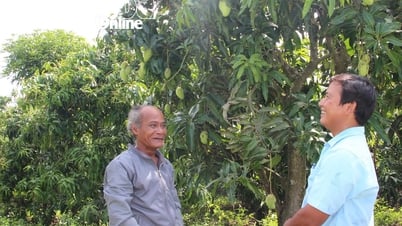


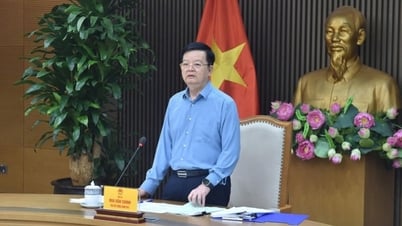












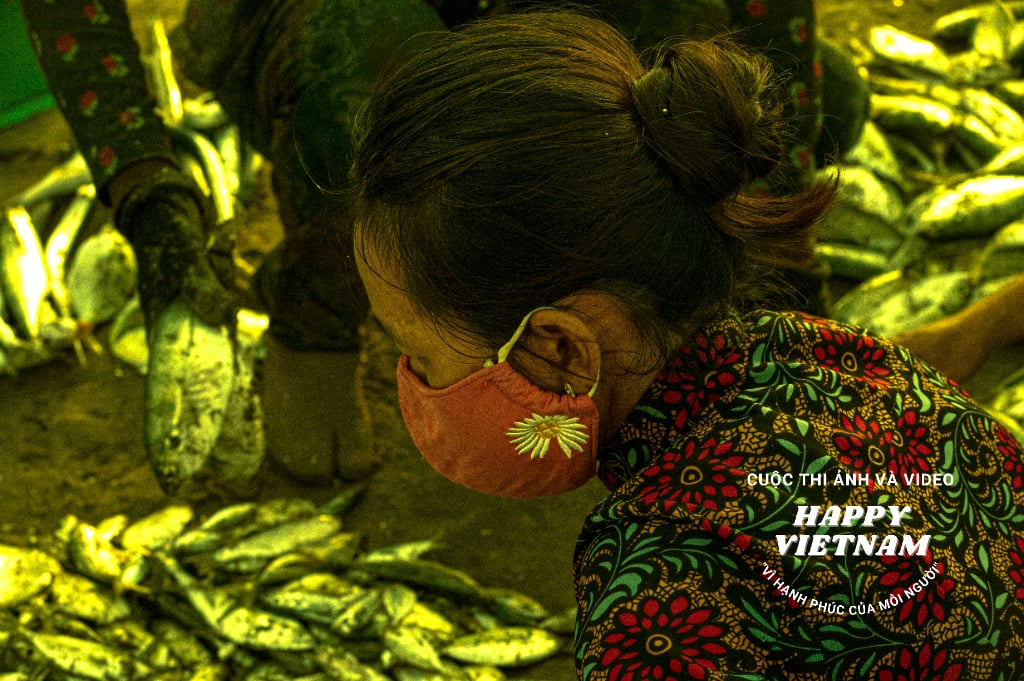

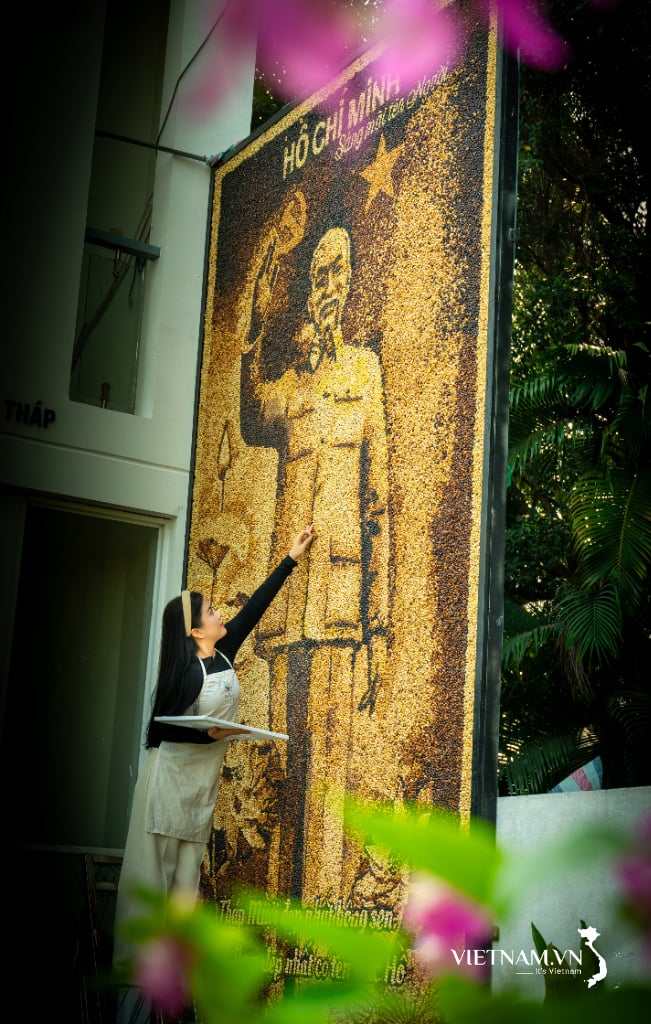

Comment (0)